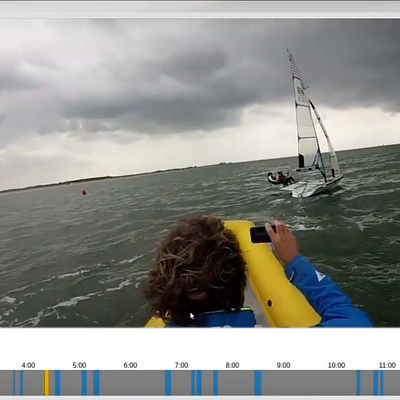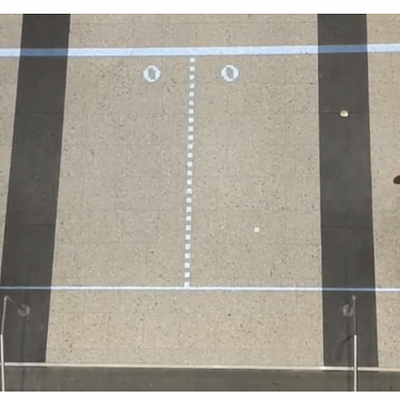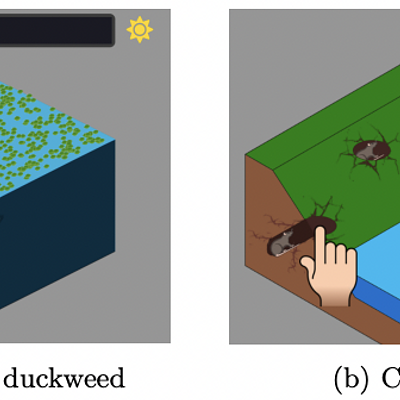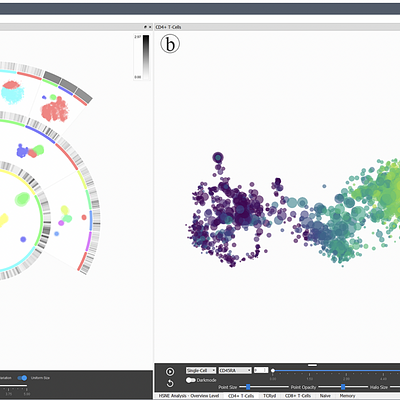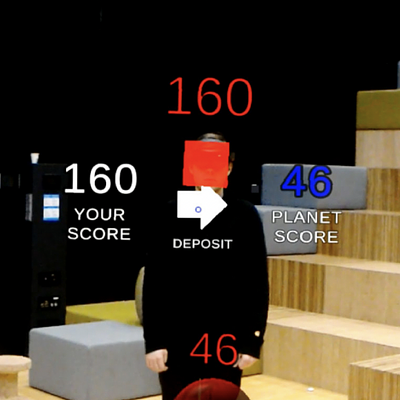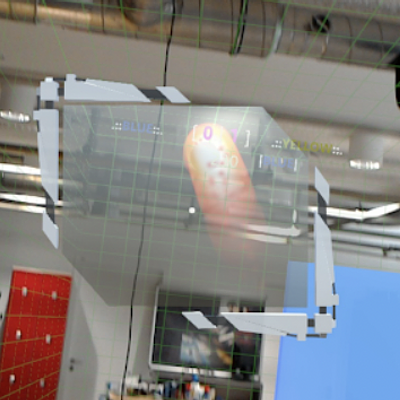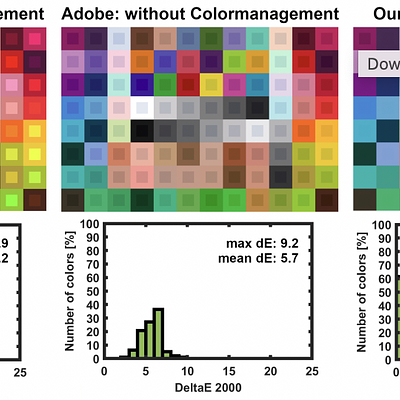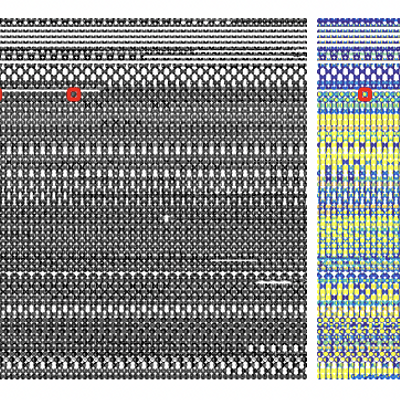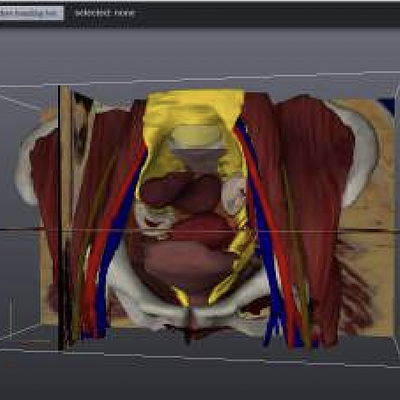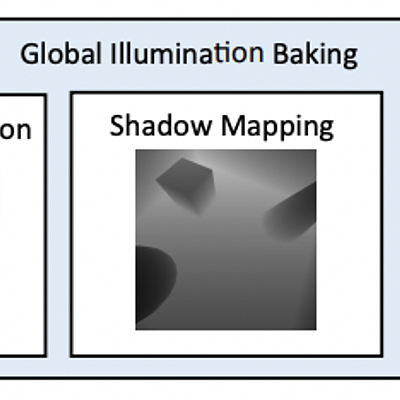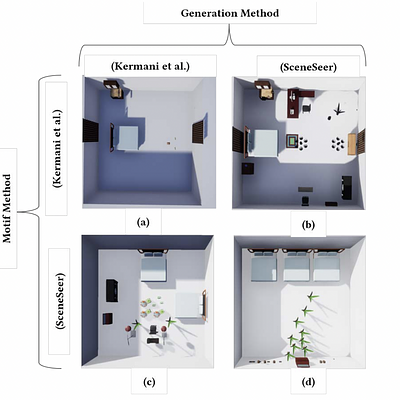2020
Computer Graphics Forum,
2020
Computer Graphics Forum,
2020
2019
International Journal of Computer Games Technology,
2019
In Proceedings of GALA,
2019
In Proceedings of Eurographics (Dirk Bartz Prize),
2019
In Proceedings of IEEE VR - Workshop on Superhuman Sports,
2019
In Proceedings of IEEE VR - Workshop on Superhuman Sports,
2019
In Proceedings of 16th GI AR/VR Workshop,
2019
Computer Graphics Forum,
2019
In Proceedings of Eurographics (Dirk Bartz Prize),
2019
In Proceedings of FDG,
2019
Computer Graphics Forum,
2019






